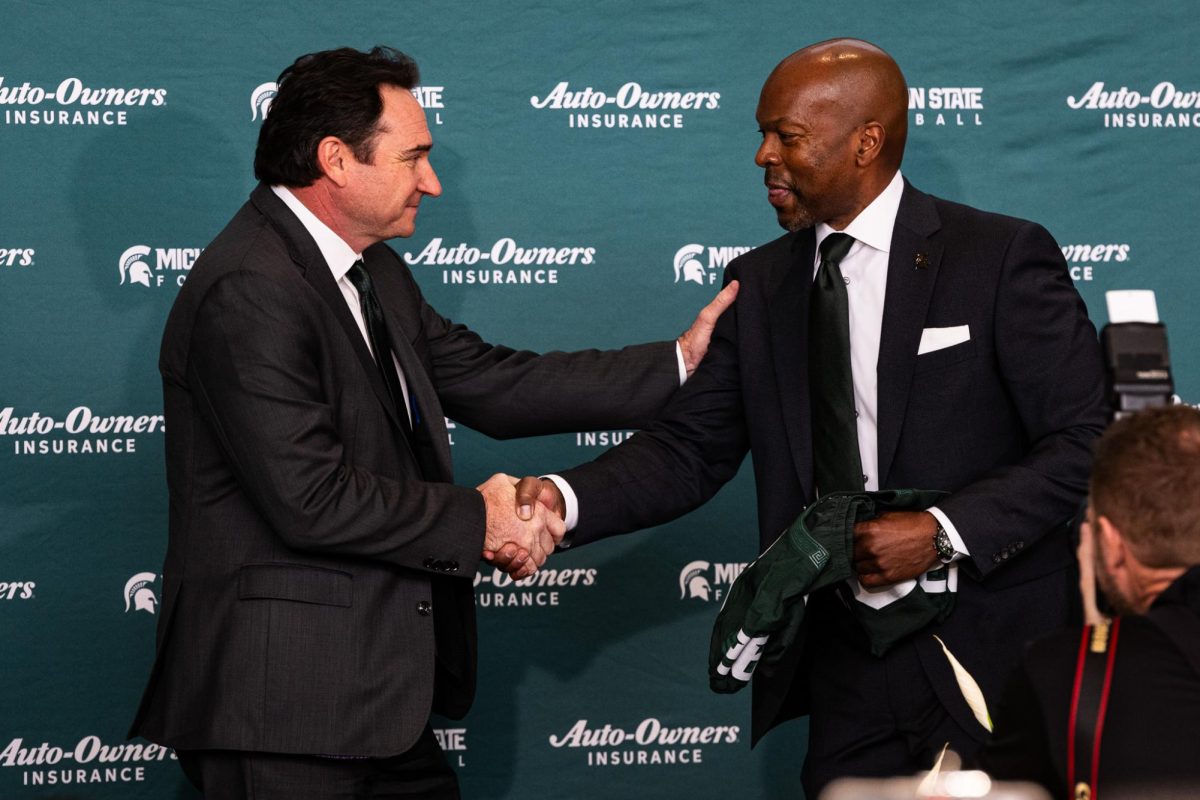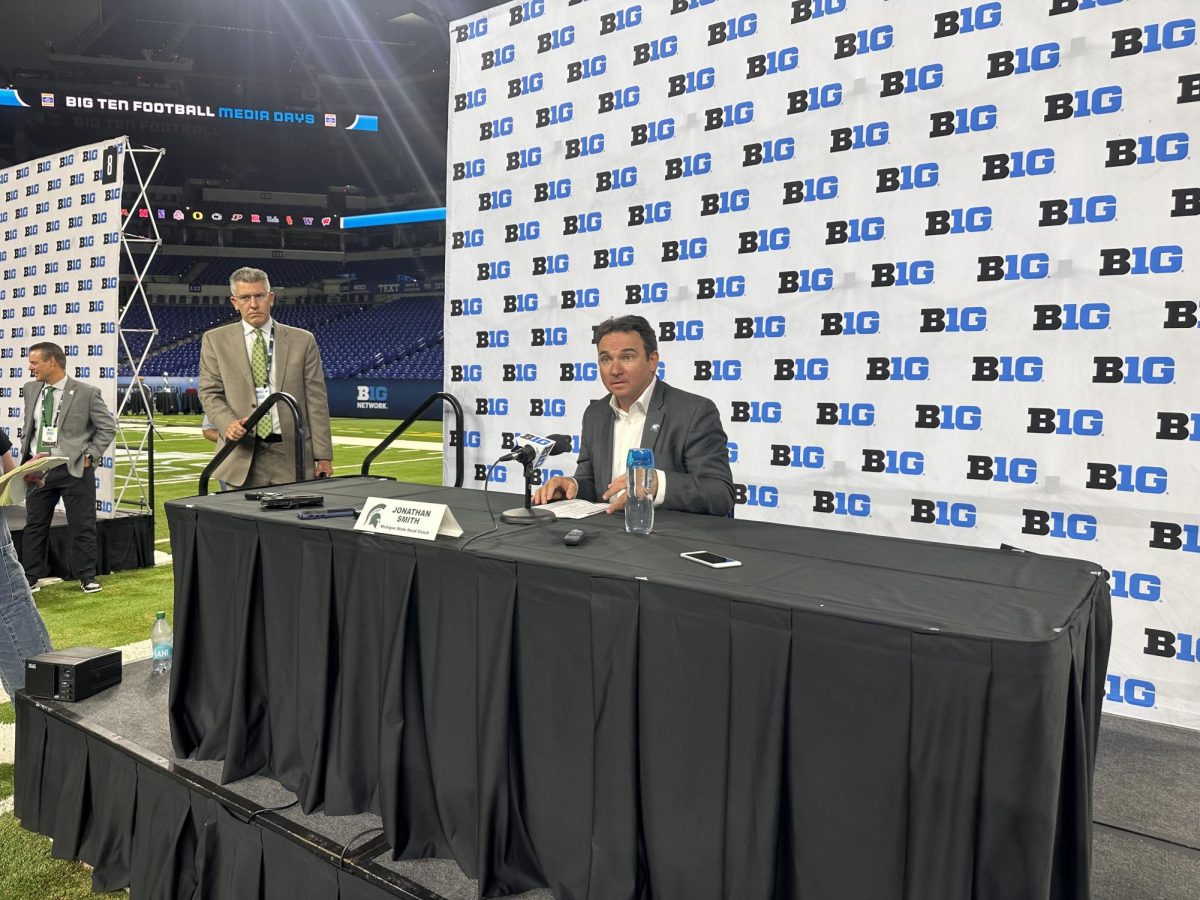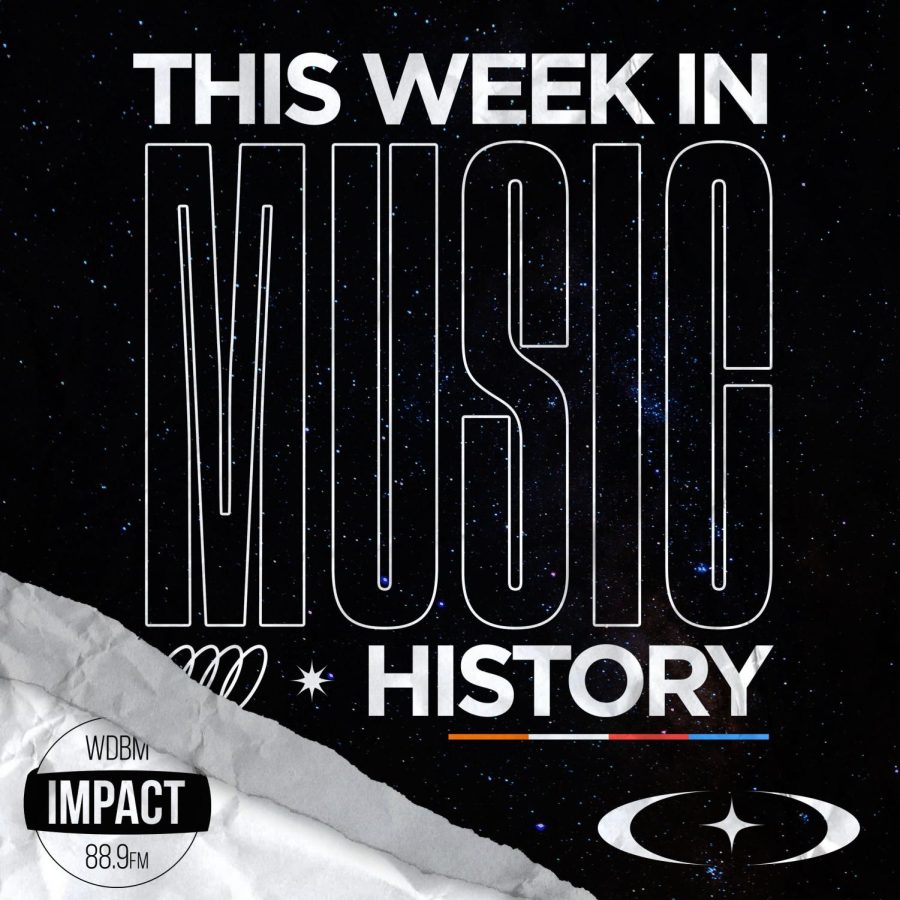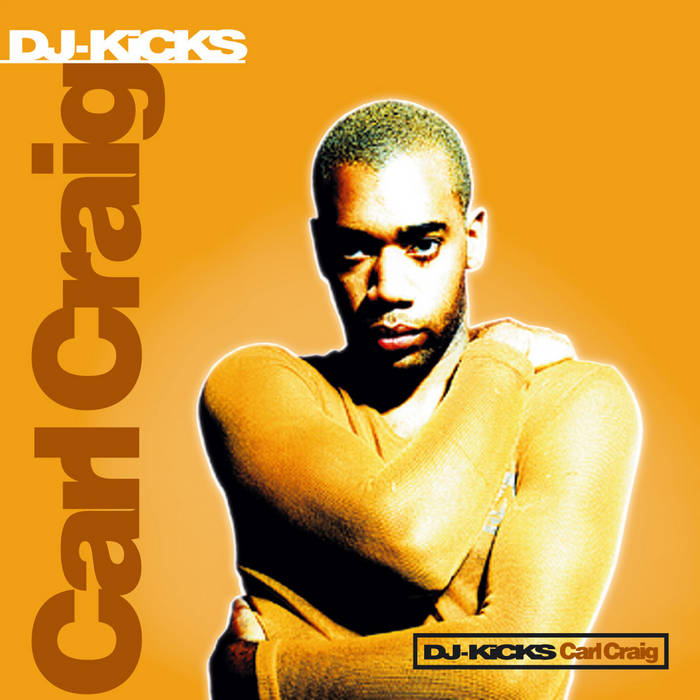Detroit has been home to many rock icons. It’s the first place that loved the band Kiss, and legends like Alice Cooper came from it. Rock is rooted in the city’s history.
Iggy Pop, a legend of the genre, also originated from the Motor City. The Stooges made Iggy Pop famous, but their beginning started at a Halloween party played in Michigan on Oct. 31, 1967. The group originally was dubbed “Psychedelic Stooges,” which is unknown to many. Parties may start many bands’ careers, but unlike most parties, this one was attended by legends.
MC5, another Detroit rock group that already had a large amount of success, witnessed the Stooges play at this party. MC5 was Iggy Pop and The Stooges’ way into the music industry, as they would go on to be signed to Elektra with MC5’s help. In 1969, they released their first album under the record label.
Iggy Pop and the Stooges may have started at a house party, but their success is still felt in rock and alternative music today. The band would become known for their unique punk sound that was so different from anyone else at the time. Showmanship from Iggy Pop also set them apart, as he was known to be very interactive with the crowd and straight-up weird. Influencing the likes of Red Hot Chili Peppers, Sex Pistols and Nirvana, Iggy Pop and the Stooges were eventually inducted into the Rock & Roll Hall of Fame in 2010, which was a testament to their success that all rooted in the party they decided to play on Halloween.
~ Alex Jimenez-Vega
After experiencing pressure from groups like the National Parent Teacher Association and the Parents Music Resource Center, the Recording Industry Association of America agreed to print “Explicit Lyrics – Parental Advisory” labels on records containing explicit lyrics on Nov. 1, 1985. This decision came nearly seven months after the formation of the PMRC, headed by Tipper Gore. Gore had growing concerns about the type of content available to young Americans. This was not the final decision of the RIAA, as the label would later be switched to say the familiar “Parental Advisory: Explicit Content.”
In September of the same year, musicians Frank Zappa, John Denver and Dee Snider testified before the U.S. Senate on the side of creative liberty. The PMRC had rejected the RIAA’s original proposal in favor of a rating system much like those printed on movies. Such a requirement would result in stricter contracts between artists and record labels. This could have resulted in many musicians producing content that was stifled or censored, or so Zappa argued. In his testification, he said, “The methods [the PMRC] propose have several unfortunate side effects, not the least of which is the reduction of all American music, recorded and live, to the intellectual level of a Saturday morning cartoon show.” The interpretation of a song comes from the individual listener, and it is not determined by Middle-American morality.
This week marks a monumental decision that has profoundly impacted the way Americans experience music.
~ Robbie Sullivan
On Nov. 4, 1991, My Bloody Valentine released their classic album Loveless. Prior to the album’s recording, the band gained prominence in the U.K. indie scene for being a major pioneer of the shoegaze sound, which is characterized by ethereal soundscapes resulting from heavy distortion and guitar feedback. Shoegaze received its name from performers often staring at their feedback pedals to create the distinct sound.
Loveless is notorious for its tumultuous recording process, with production costs estimating up to £250,000, nearly bankrupting Creation Records. Guitarist and vocalist Kevin Shields was a perfectionist during production, resulting in a prolonged, nearly three-year recording process in which the band hopped from studio to studio. Shields also worried about critical reception, fearing that the album would be panned by critics. Little did he know that Loveless would become one of the most enduring cult classics in music history.
Loveless captures shoegaze at its most extreme, sounding like an indie pop album enshrouded in layers of noise. Shields achieved this sound through creating the “glide guitar” technique, which involved wavering a tremolo bar as he strummed the guitar. The album’s cover is highly indicative of its sound, showing a picture of a guitar that’s fuzzed out in pink as if the guitar feedback made that effect. Another notable component to the album’s sound is Bilinda Butcher and Shields’ unintelligible vocals, which are drenched in effects. Shields and Butcher would often arrive at recording studios without writing lyrics: Shields improvised his singing while Butcher wrote down possible lyrics.
After all that meticulous effort, the result is a wholly unique album that transports listeners to another universe. The songs’ washes of noise are absolutely gorgeous and are greatly complimented by the band’s melodic songwriting. Loveless is truly timeless: It is the gold standard for shoegaze and has become a highly influential work for future acts. There will never be another Loveless.
~ Jack Domenicucci







































